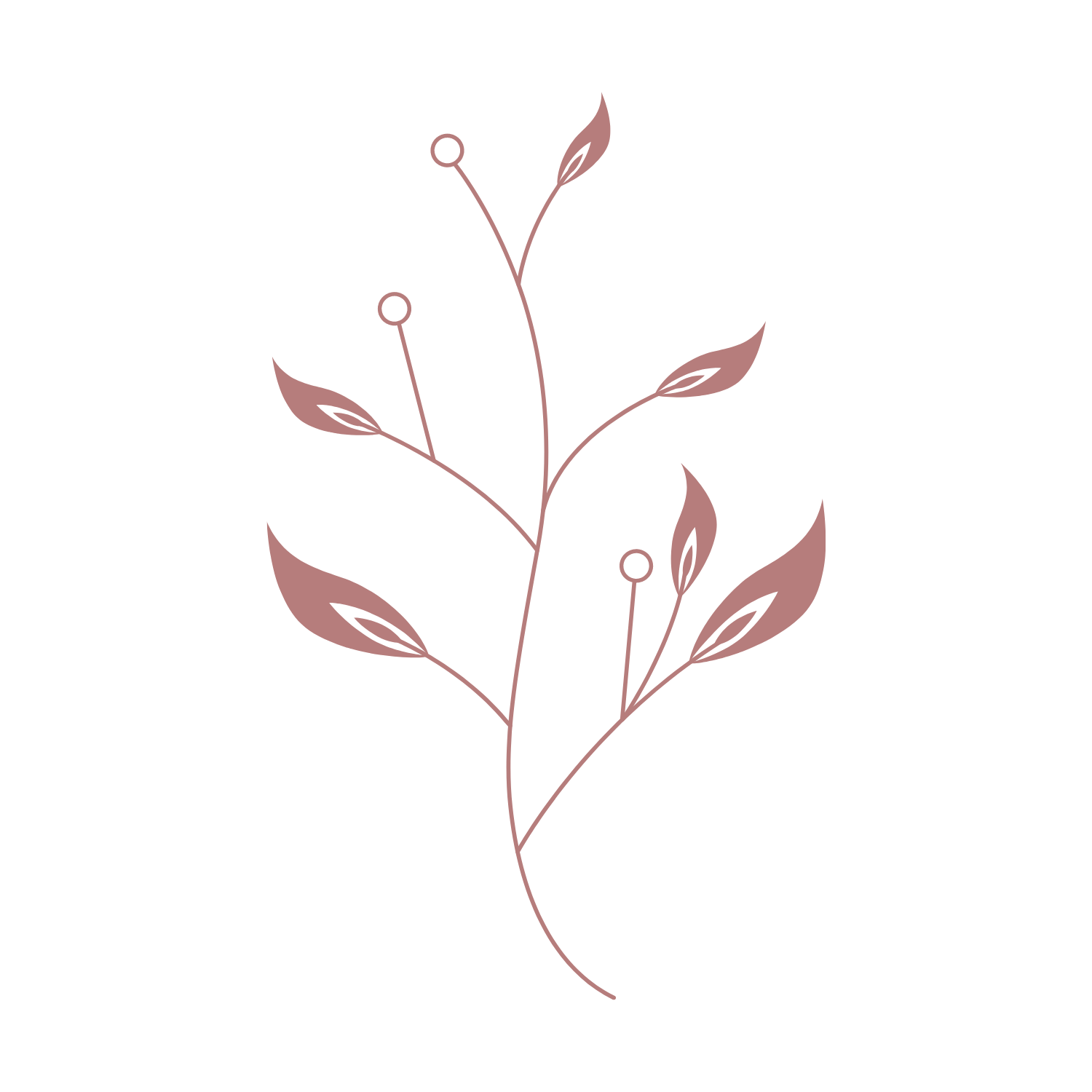The Art of Doing Nothing
The art of doing nothing does not come easily to most of us living in the western world. This is despite all the awareness around things such as mindfulness, meditation, yoga and other wellness activities. We often feel pressure to constantly ‘do’ because being a ‘do-er’ is equated to success and doing nothing is sometimes seen as being lazy.
A few months ago, I was reading one of my favourite books ‘Face Reading in Chinese Medicine’ by the late Lillian Bridges when I came across a saying her grandmother had passed down to her; '‘boredom is good luck”. I read this on a day when I was feeling really bored and a bit aimless as I had finished four years of intensive study and found myself in this vacuum of boredom while I waited to get started. From Lillian Bridges perspective, boredom was a sign you had choices to make - that you didn’t have to do what others wanted you to do, giving you a kind of freedom. And most importantly, from a Chinese medicine perspective, it meant that you were living slow enough not to waste and use up all your Jing.
What is Jing? Jing is part of what are known as the three treasures in Chinese medicine. We have Qi which is our life-force which interacts with the universe all around us, Shen which links to our spirit and is seen in the eyes and Jing which roots us to the earth. Our Jing is seen as the sum of all our ancestral gifts, our constitution, our emotional and physical strengths and our tendencies and dispositions. You can also think of it like a battery. Each one of us will have a different sized battery with different amounts of energy. This battery cannot be recharged, rather we take from it throughout our lives and can boost it through lifestyle and food.
And this is where the importance of doing nothing comes in. Most of us use up too much Jing and can end up with what Lilian calls ‘Jing blowout’ where we have no Jing left to use and then struggle with daily life and stressors. The most important thing to remember is how you use your Jing, what activities you decide to do and how you can complete your life’s work to live more on your Golden Path. Doing nothing and having moments of boredom is important because this preserves our Jing.
I often look at people’s faces for signs of Jing.
Signs you have a lot include:
big bones that don’t break easily
lots of hair on the head
wide hips
And on the face:
long earlobes
an m-shaped hairline
strong inflexible ears
However, even if you don’t have any of these markers it is more important for you to learn how to conserve your Jing - someone who has a lot of Jing may still overuse their Jing and drain their battery.
When I look at peoples faces, I can see this overuse easily in 3 different areas:
A horizontal line across the top of the nose between the brows which usually indicates the person has unstable blood sugar levels and needs to work harder on eating the right foods to make Qi and stabilise the spleen/pancreas. It can also translate as thoughts and emotions you are ingesting but not digesting properly.
A horizontal line across the philtrum under the nose means you need to focus on breathing correctly having used up a lot of Jing. If you have been breathing very shallowly, now is the time to focus on deeper breather which will help release tension and toxins from the body; re-establishing equilibrium. It also usually appears in women over the age of 50 at a time of life when they need to transition from fertility to creativity and free themselves from any constraints.
The third line - I see quite often even in people in their 20s and 30s. This horizontal line appears across the upper chin and almost always indicates the person needs to rest more and do less work. Become less Yang and more Yin. Usually it appears in people who are about to retire - so people in their 60s. This line usually appears to send you a message to do more of what ignites your inherent talents and abilities - things that will guide you on your Golden Path. If you have this line before you 60s - its a big signal to slow down and live life in the slow lane.
So how can you do more of nothing and preserve your Jing?
rest and sleep. Lying around being lazy is sometimes good!
reading, writing, meditating.
Doing nothing is hard for many people, especially as most of us are used to always being active, out socialising and on the go, but it is truly important to preserve our Jing to help us live a long and healthy life. For some of us we may have to learn how to do this, but once you do, you will have more energy to take on those other tasks in life and cope with any challenges.
If you are suffering from fatigue, feeling unmotivated, uninspired or struggling with your assimilation of food; Acupuncture can help preserve your Jing and get you back to good health. Get in touch with me for more.
